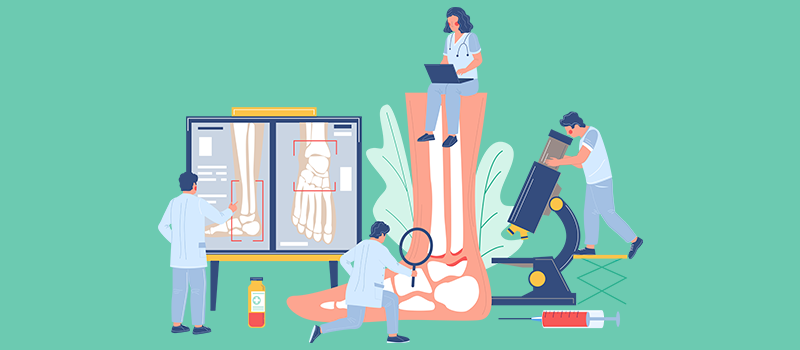
Gout is a common type of arthritis in which urate crystals deposit in the joints and tendons, causing intense pain and inflammation. If not treated at an early stage, it can become chronic and cause severe complications such as tissue degradation and joint deformity. Hence, it must be treated and managed as soon as it is detected to avoid such complications. Here we tell you what to add and avoid in your gout diet. But before that, let’s understand how gout affects our health. Read on!
First, What is Gout?
One of the most common diseases that affects middle-aged men and women is gout. Gout is a type of arthritis that affects our body due to high levels of uric acid in the blood. Uric acid is the waste product created when our body processes "purines,” which are a type of protein found in our body. The uric acid level increases in the blood as our kidneys fail to flush it out of the body effectively.
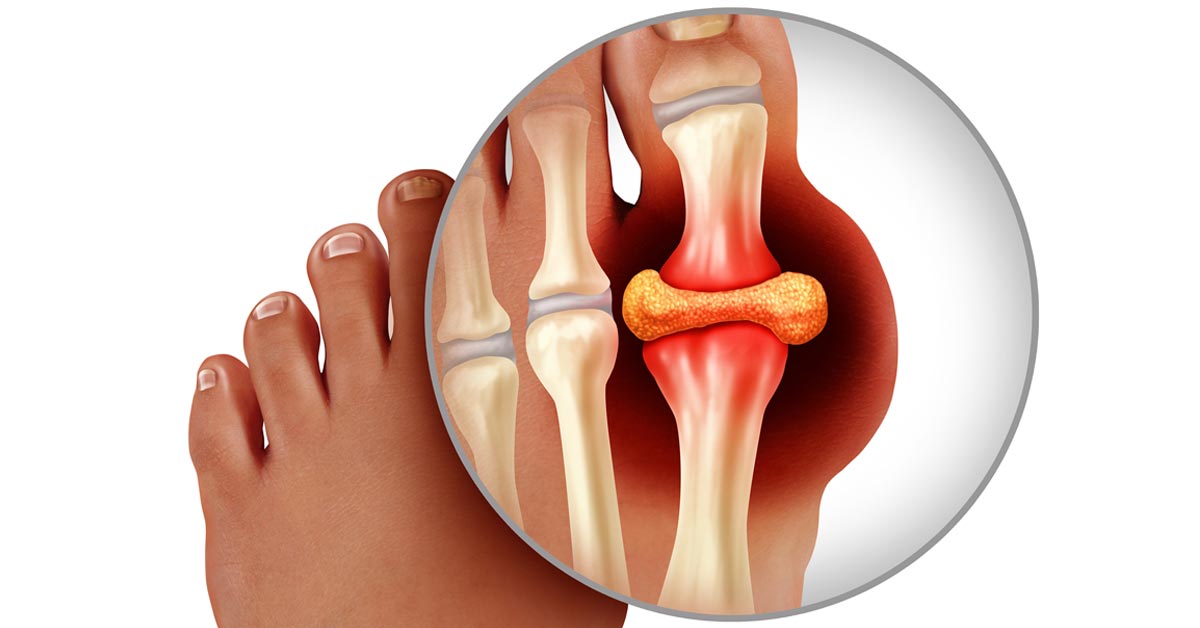
Hyperuricemia (or excess uric acid in the blood) is the underlying condition for the development of gout. However, many people with hyperuricemia may not develop gout. It is only one of the many other factors responsible for the development of gout. High uric acid levels in the blood may cause symptoms of gout, like intense pain in the joints, most commonly on your knees, fingers, or wrist. It can also cause several health complications.
Health Complications Due to Gout
Some people who have had gout attacks may never experience another gout attack, while others may develop chronic gout, which leads to severe health problems. This depends on how well you manage gout.
Below we mention some possible health complications associated with gout.
Tophi and Joint Deformity
Tophi are a hard lump of urate crystal deposits under the skin caused by chronic gout or tophaceous gout. They occur mostly in the hands, feet, ankles, and wrists. They become inflamed and swollen during gout attacks. Additionally, as they continue to grow, they erode the surrounding skin and tissues of the joints, which eventually destroys the joints.
Arthritis caused by gout may lead to erosion of bones and cartilage too. In worst cases, surgery may be necessary to fix the damaged joints.

Sleep Disorder
Gout attacks mostly occur at night, and due to the pain and inflammation, it leads to a sleeping disorder. It may wake you up or keep you awake at night. Lack of sleep can lead to various issues like fatigue, increased stress, mood swings, less productivity, and difficulty carrying out other daily activities.

Kidney Problems
The kidneys eliminate uric acid from the body in the form of urine. Excess uric acid can lead to the formation of urate crystals in the kidney, which can cause kidney stones. Furthermore, a high concentration of urate kidney stones can interfere with the functioning of the kidney. According to the National Kidney Foundation, many people suffering from gout also tend to develop chronic kidney disorders and even kidney failure.
Heart Diseases
According to Eswar Krishnan, MD, MPH, of the University of Pittsburgh, gout is the third largest factor for heart attack after smoking and heredity. Gout sets off the body’s inflammatory immune response, which can lead to heart attack and stroke. People suffering from gout may also develop certain heart-related diseases, like Coronary Artery Disease (CAD) and heart failure. High blood pressure is also a commonly associated disorder.
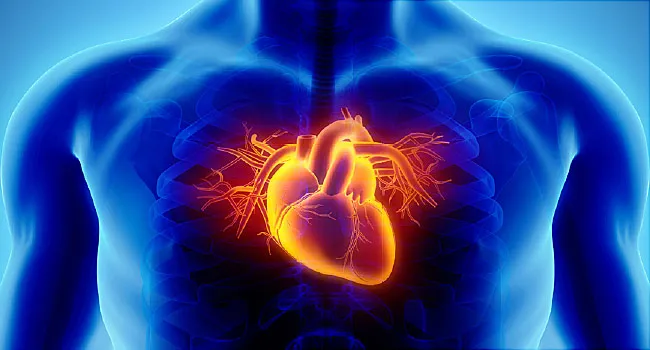
Diabetes
Some studies suggest that insulin resistance might promote a high uric acid level, which is a precondition for gout. Excess weight or obesity can increase insulin resistance and cause diabetes if left untreated for a long time.
Click here to learn how to manage diabetes!
Other conditions
Other complexities associated with gout include:
- Cataracts
- Dry eye syndrome, and
- Uric acid in the lungs, though such complications are rare.
Now look at some foods you must include in your gout diet plan!
What is a Good Diet for Gout?
Diet is one of the major triggering factors for gout. According to Dr. Tan York Kiat, Department of Rheumatology and Immunology, Singapore General Hospital, lowering the uric acid level through a gout diet can help in managing it more effectively.
Here are some foods that you must include in your gout diet plan.
Cherries
Cherries have antioxidant properties due to the presence of a chemical compound called anthocyanins, which decreases the level of uric acid in the body. A study published in the Journal of Nutrition (2003) confirmed that incorporating cherries into the diet may help reduce the risk of gout due to their rich antioxidant properties.

Coffee
According to Elinor Mody, MD, Women’s Orthopedic and Joint Disease Program, Boston, intake of coffee leads to a lower risk of gout. This might be due to the presence of chlorogenic acid, which has antioxidant properties.

Chlorogenic acid and other antioxidants help reduce the production of insulin. Levels of insulin and uric acid are closely related. It is not exactly known how, but it has been seen that when insulin levels are low, uric acid tends to be lower.
Is decaf coffee better than caffeinated coffee?
Dairy Products
Eating low-fat dairy products may help reduce the risk of gout. Cow milk has been found to reduce the activity of xanthine oxidase, the enzyme involved in the production of uric acid in the body. In addition, cow milk contains anti-inflammatory properties that help during a gout attack.
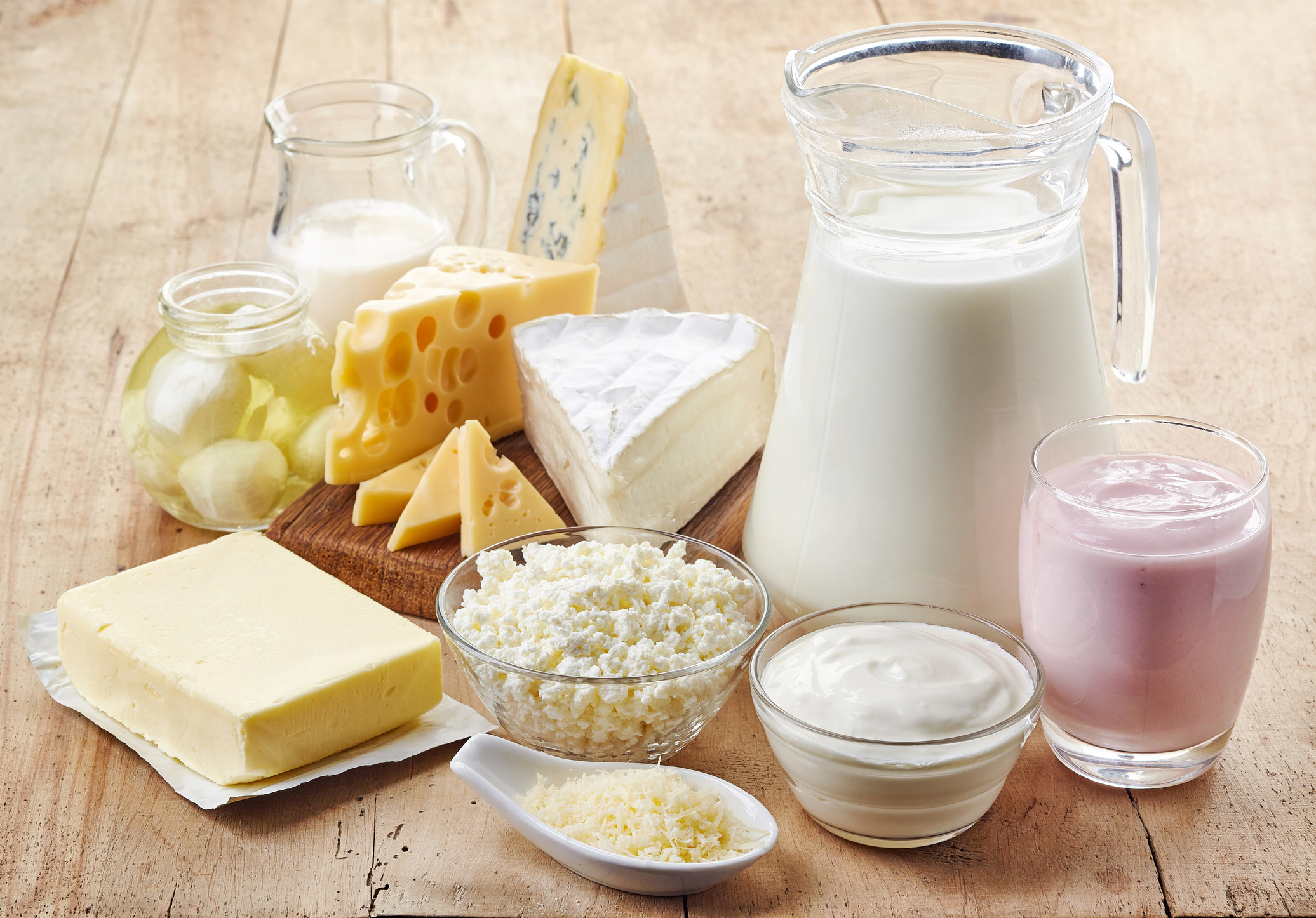
Vitamin C
A 2009 study published in the Archives of Internal Medicine suggested that uric acid levels in the body were significantly lowered in gout patients after taking vitamin C. During the 20 years of follow-up for the study, it was seen that for every 500 mg increase in vitamin C intake, the risk for gout fell by 17%. The risk dropped by 45% when the intake was more than 1500 mg per day.
Some vitamin-C-containing foods are cantaloupe, citrus fruits and juices, kiwi, mango, papaya, pineapple, strawberries, raspberries, blueberries, and cranberries. However, one should be careful not to overdose, as it can lead to other complications.
Apart from including these foods in your gout diet, remember to keep yourself hydrated, as it will help your body release the excess uric acid.
List of Foods to Avoid with Gout
Here is a list of foods to avoid with gout:
Low Carb Foods
A balanced diet can help reduce or control gout attacks. Individuals with gout should avoid low-carbohydrate diets, as low-carbohydrate diets can lead to the burning of fats instead of carbohydrates as an energy source, forming a substance called ketones. They inhibit uric acid excretion, which can increase blood levels, triggering gout attacks. However, studies show that this rise is temporary and may trigger gout attacks in some people until the uric acid level in the body falls below 6.0 mg/dL.
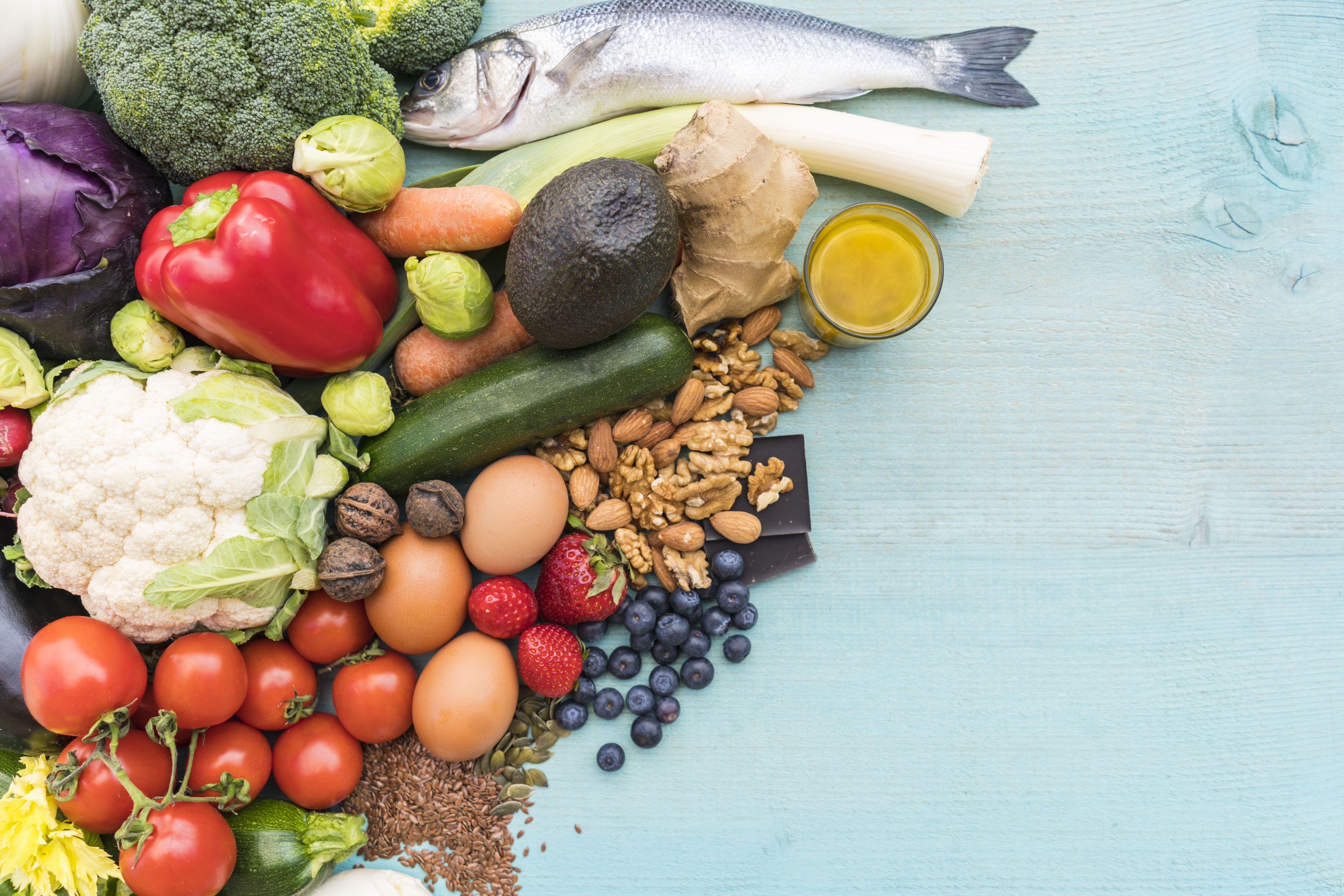
Purine-Rich Foods
Avoid purine-rich foods to ensure that the level of uric acid in your blood remains at a safe level. Purines metabolize into xanthine in the liver, and in the final step, xanthine oxidizes, resulting in the formation of uric acid. Purine-rich foods that you should avoid in your gout diet are:
- Organs and glandular meat– liver, kidney, sweetbread
- Game meats– pheasant, veal, venison, lamb, beef, pork.
- Seafood– herring, mackerel, tuna, sardines, shellfish, crab, and shrimp.
- Alcohol and beer
- Sugary foods and beverages with high fructose corn syrup
Conclusion
Gout is a manageable form of arthritis that is due to a high level of uric acid in the body. It must be treated as soon as possible. Poorly managed gout can lead to the eventual erosion of the surrounding skin and tissues, destroying joints to the point where surgery may be necessary. Additionally, it can cause various other complications, such as tophi formation, kidney problems, and joint deformation. Eating a healthy gout diet can help you manage the symptoms of gout effectively.
Disclaimer: The information and other content provided in this blog, or in any linked materials, are not intended and should not be construed as medical advice, nor is the information a substitute for professional medical expertise or treatment. If you or any other person has a medical concern, you should consult with your healthcare provider.

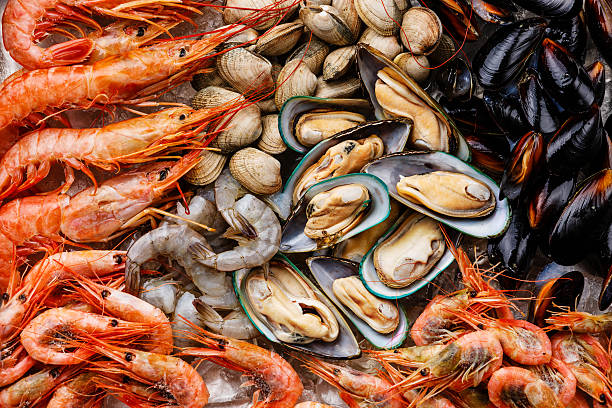

.png)


